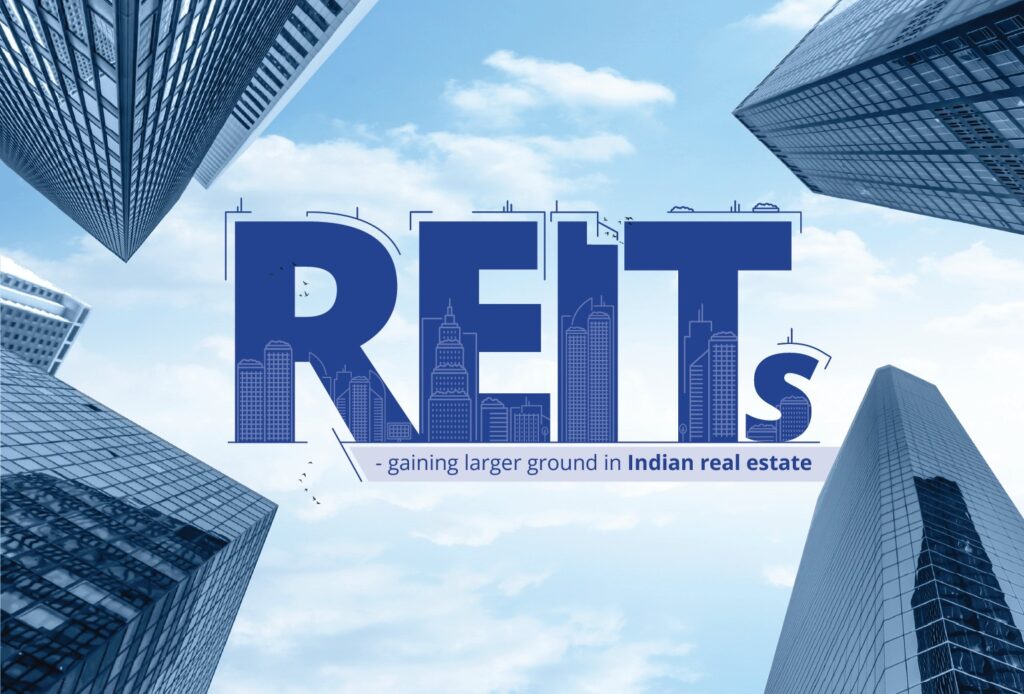Earn Rental Income Without Buying Property: How REITs Are Changing Real Estate Investment in India

Earn Rental Income Without Buying Property: How REITs Are Changing Real Estate Investment in India
From just ₹10,000, investors can own a share in premium office spaces and shopping malls
Real Estate Investment Trusts, or REITs, are transforming the way Indians invest in property by allowing individuals to earn rental income without purchasing real estate themselves. In India, REITs primarily hold large commercial properties such as office parks, shopping malls, and business centres, leasing them to corporate tenants.
By purchasing REIT units, listed on stock exchanges like NSE and BSE—investors effectively own a fraction of these properties. The rental income generated is distributed as dividends, with regulations requiring at least 90% of the distributable surplus to be paid to unit holders. This means investors can benefit from steady income, typically paid every six months, as well as potential capital gains if property values rise.
Investing in REITs requires only a demat and trading account, and thanks to SEBI’s 2021 rules, even a single unit can be purchased, lowering the entry cost to as little as ₹10,000–₹15,000. India currently has four major REITs: Embassy Office Parks, Mindspace Business Parks, Nexus Select Trust, and Brookfield India, together managing over ₹1.52 lakh crore worth of premium assets in cities such as Bengaluru, Mumbai, and Hyderabad.
Returns from REITs usually range from 6–8% annually, with the added advantage of professional property management and diversification across multiple locations. However, investors should be aware of risks such as falling occupancy rates, economic slowdowns, and interest rate hikes, all of which can impact rental income and unit prices.
While REITs are ideal for retirees, young professionals, and those seeking moderate-risk, regular income from real estate, they may not suit short-term traders or those focused solely on tax savings. Tax treatment varies, most dividends are tax-free unless specific conditions apply, while capital gains are taxed depending on the holding period.












